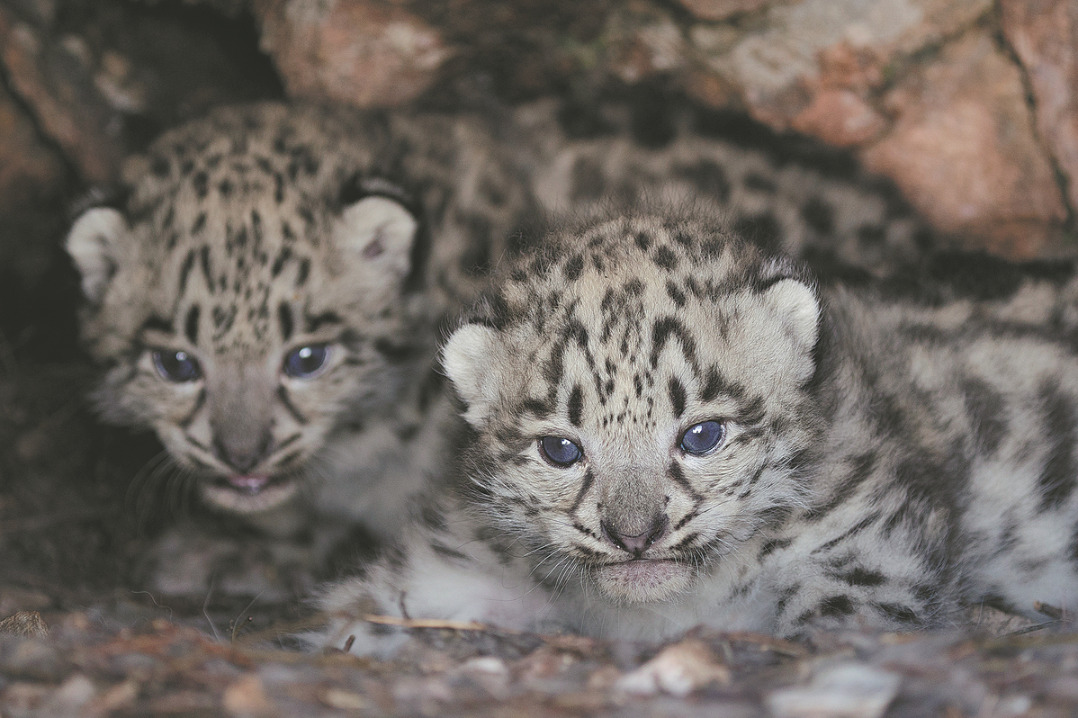China hawks get claws into climate efforts: China Daily editorial


Despite the differences and tensions that exist between the two countries, China and the United States, which together account for nearly 40 percent of the world's greenhouse gas emissions, have managed to make climate an area of cooperation and achieved meaningful results over the past years in the fight against global warming.
It was their joint pledge to push ahead with their national climate actions that paved the way for the signing of the Paris Agreement in 2015, which set the goal of limiting global warming to within 1.5 C above pre-industrial levels to avoid the worst ravages of climate change.
And it was also thanks to the consensus and understanding reached between China and the US on such issues as tripling renewable energy capacity globally by 2030 that set the tone for the United Nations' COP28 summit in Dubai late last year, during which countries for the first time agreed that the world needs to transition away from fossil fuels.
Thus hopes were high that new progress on climate would be made when Chinese special envoy for climate change Liu Zhenmin started his visit to the US last week. His meetings with US Special Presidential Envoy for Climate John Podesta on Wednesday and Thursday in Washington were their first formal bilateral meetings after the departure of their predecessors, during which they discussed how to work together ahead of the COP29 climate summit in Baku, Azerbaijan.
Their predecessors, Chinese climate envoy Xie Zhenhua and former secretary of state John Kerry, forged a remarkable level of trust during their negotiations, even at times when Sino-US relations were experiencing great difficulties. Their close personal relationship is believed to have formed the foundation for the smooth development of China-US climate diplomacy.
It was encouraging to see that the tone of the talks between the new Chinese climate envoy and his US counterpart continued to be cordial and positive, with the two delegations they lead reportedly meeting for dinner at Podesta's home on Wednesday. In a sign that China and the US will continue to lead the global fight against climate change, they promised after the latest round of talks to work together on the reduction of methane, the second most abundant greenhouse gas after carbon dioxide.
"The two sides committed to promote bilateral cooperation and conduct capacity building on deploying abatement technologies," a statement released after the meeting said. The two sides plan to co-host an event in Baku later this year on reducing methane and other non-carbon greenhouse gases.
The results that they have achieved are not easy, given that China hawks in Washington are quickening their pace to try to derail Sino-US cooperation, even on climate. There have been reports that Washington plans to impose major new tariffs on electric vehicles, semiconductors, solar equipment and medical supplies imported from China, with tariffs on EVs, in particular, due to quadruple — from the existing 25 percent to 100 percent. Which has prompted the Chinese climate envoy to warn prior to his US visit that "the countercurrents of protectionism and unilateralism have further extended the climate change governance gap".
Indeed, the new tariffs on Chinese imports, especially on green products such as solar panels and EVs, if approved, will not only further strain the already worsening Sino-US trade relations, but also increase the costs of the clean energy transition in the US, thus undermining Washington's effort to achieve the goal of cutting greenhouse gas emissions by 50-52 percent below 2005 levels by 2030.
The Joe Biden administration should make every effort to ensure the climate cooperation between the two countries, which benefits the whole world, is not to be disrupted by the China hawks in Washington.
































